From the guides…
For young editors like us, when we don't have much experience and life experience, learning from our predecessors, veteran editors, and comrades in the editorial board is extremely important and determines the quality of editing.
I still remember when I was a reporter with comrade Ngo Thi Thu Ha, currently Deputy Editor-in-Chief, as the head of the department, every time the head of the department finished editing, we would go into the software to see how the article had been edited. After each article was edited, sometimes the title and the sapo had to be changed. Or there were works that had to be revised and supplemented many times, which was quite a lot of work, but after the work was published, we realized that our articles had become much more complete through the editing process. There were times when we were edited, the head of the department directly texted us, pointing out our mistakes, even if it was just a sentence or a word, but if the editor was not careful, we did not know what the consequences would be when it was published.
I remember when comrade Nguyen Thi Hoai Yen, Deputy Editor-in-Chief and now Head of the Reporters Department, every time it was our turn to have our articles edited, we were all “heartbroken” and nervous when the articles had to be supplemented or revised to meet the editor’s high demands. But those were completely legitimate demands to make the articles profound and complete. At times like that, we felt we were more mature in our profession.
Editors and reporters of the Reporters' Office exchange journalism skills.
The editing and experience-sharing work not only takes place in the room, between the editor and the reporter, but also takes place actively in monthly meetings and experience-sharing sessions. Sometimes the Editorial Board carefully records the reporter's mistakes to gain experience for each work in the meeting. Although we are tactful in not mentioning names, we all realize that sometimes we also make the same mistakes as our colleagues to gain experience.
The time I spent as a reporter before becoming Deputy Head of the Reporter Department and starting my editorial work as I do now has given me many valuable lessons from previous leaders - the ones who have guided me. That is a lesson about meticulousness, carefulness, delicacy, responsibility, and dedication in editorial work. I also understand that to have quality journalistic works, there is no room for laxity or carelessness, but one must also be extremely flexible.
Warm heart and cool head
When writing a journalistic work, every author wants his or her article to be edited smoothly, no one wants it to be returned. But in many cases, editors have to return it, asking reporters to edit and supplement it because it does not meet the requirements, is sketchy or does not follow the original direction. Normally, reporters can only edit it once to get it right, but there are works that have to be edited many times, causing tension and frustration between both editor and author. Because the requirements of the job are placed above all, there is no room for each person's personal "ego".
In editorial work, although it is fierce, after each stressful moment, we - editors and reporters - are close, harmonious, and encourage each other to overcome difficulties. That is to say, the editing profession is also a "competitive" profession, editors must always put the requirements of the job first, must always be impartial, not because of love, hate, or emotion in editing work.
Those of us who work in the editorial field also realize that we must master our expertise, our profession, and grasp the writing style of each reporter in order to edit and correct the right places, creating the author's confidence and admiration. I remember there was a reporter who wrote too long and lacked emphasis, so when the editor had to shorten it, the reporter thought that the editor had cut the most important part. But when explained and oriented, we all realized that sometimes writing long is not necessarily enough, but writing short enough is difficult.
With a large team of reporters, the number of articles that editors have to edit every day is quite large, so it is inevitable that there will be pressure on the editor. Therefore, to keep the work running smoothly, the editor must always keep a warm heart full of enthusiasm for the job and a cool head, sober enough to "pick out the mistakes", creating higher quality journalistic works.
Orientation to enhance the work
From the editorial style of the leaders and previous editors, I realized that the responsibility of an editor is not only to polish each work to become more attractive but also to do a good job of guiding reporters so that they can invest more intelligence in their work. Reflective articles are often a popular genre, easy to do and are also chosen by many reporters.
There have been many reflections by reporters, or just from a short news story, the editor can also suggest and guide reporters to write reports or series of articles. Many works that won provincial and central journalism awards by reporters originated from the guidance and suggestions of the leaders of Tuyen Quang Newspaper, veteran editors. Typical examples are the investigative series "Let's save the birds", "Exterminate earthworms" or the series "Correcting the situation of avoiding responsibility"...
To have a direction for reporters, the editor, in addition to having extensive experience and rich practical knowledge, also needs to have skills that are sensitive to current events. We understand that this ability is still lacking for every young editor like us and requires a lot of effort to cultivate and learn.
There are many difficulties and pressures for editors, but with their love for the profession, they still quietly make each journalistic work a success.
Source: https://baotuyenquang.com.vn/bien-tap-vien-nguoi-lang-tham-gan-duc-khoi-trong-211739.html


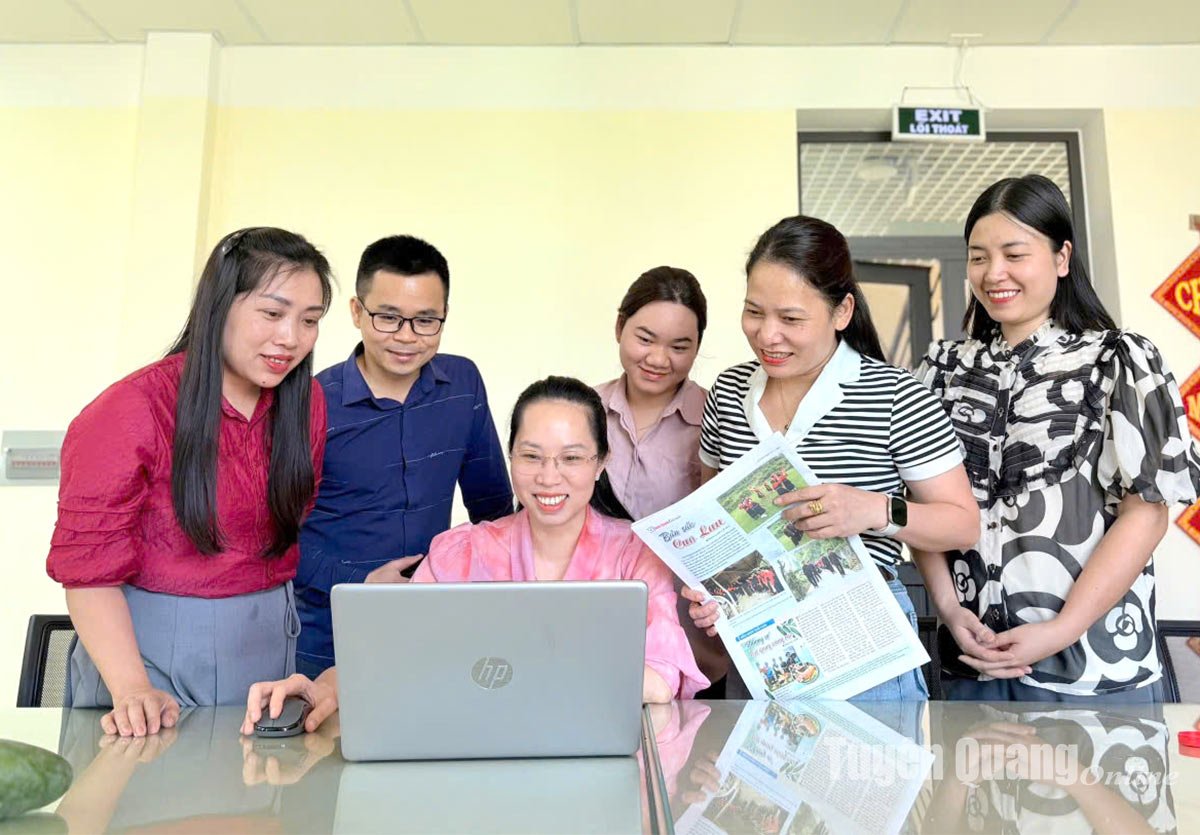
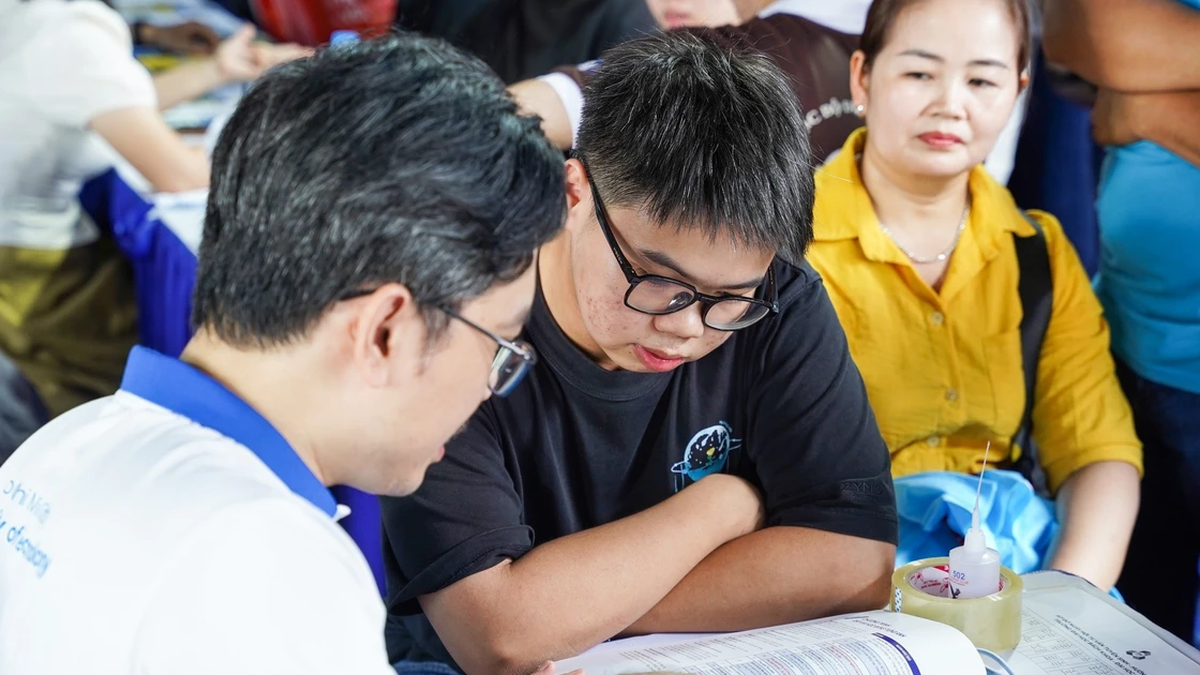

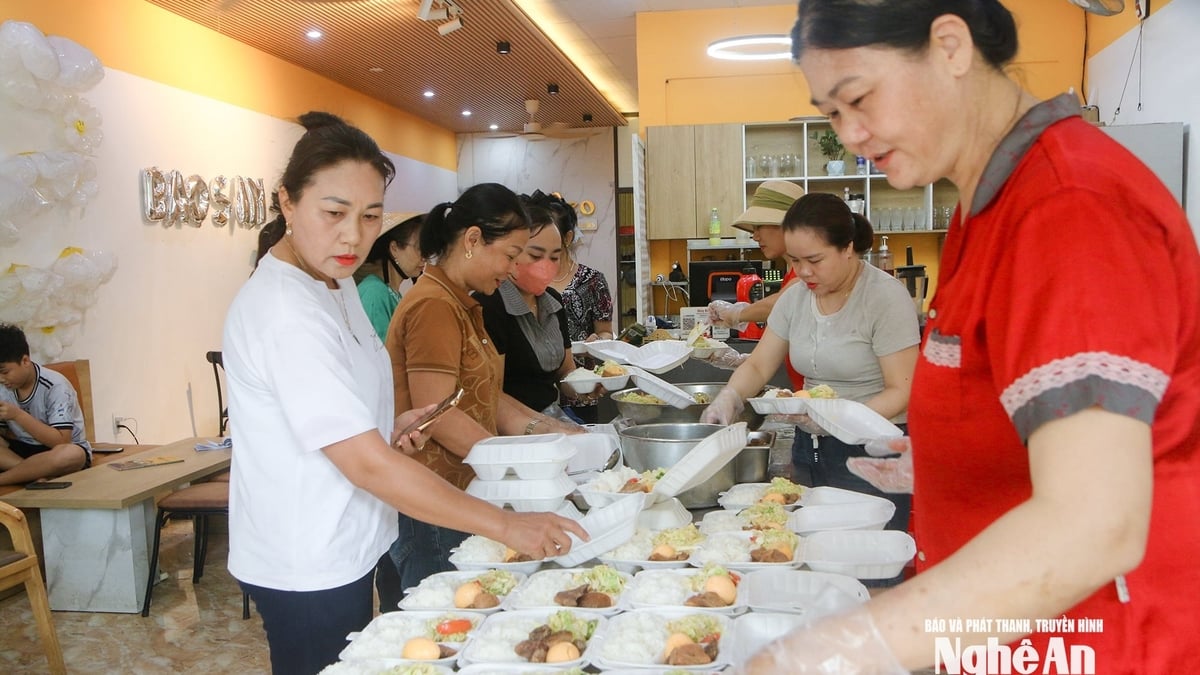

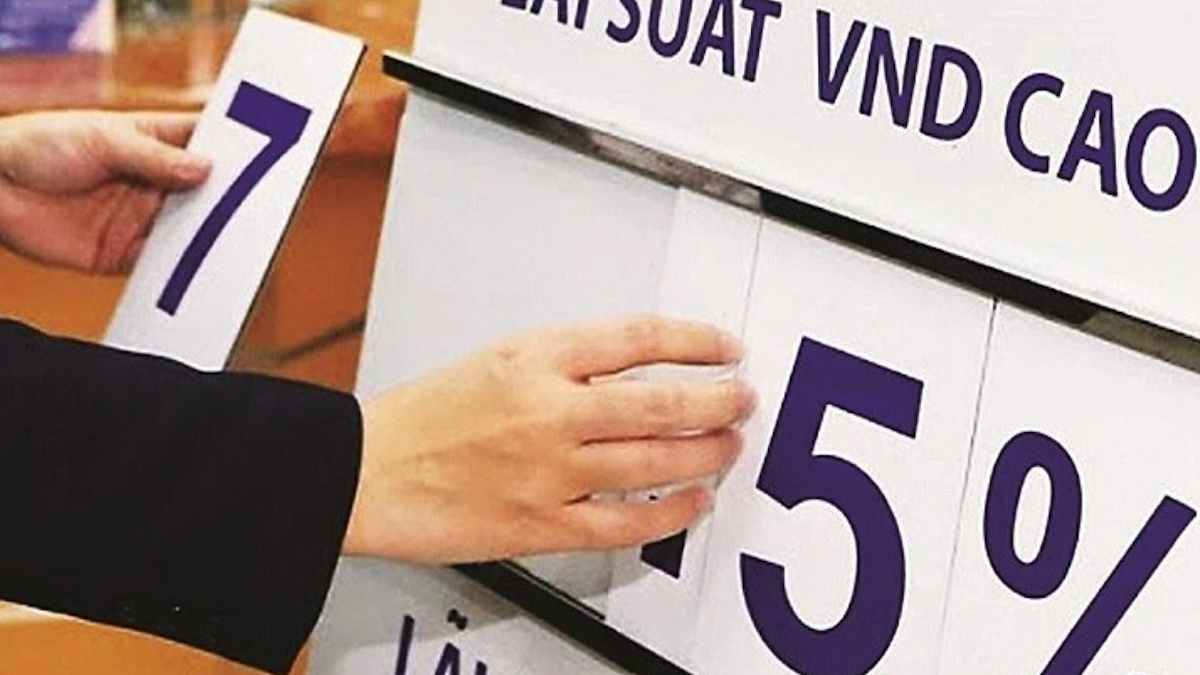

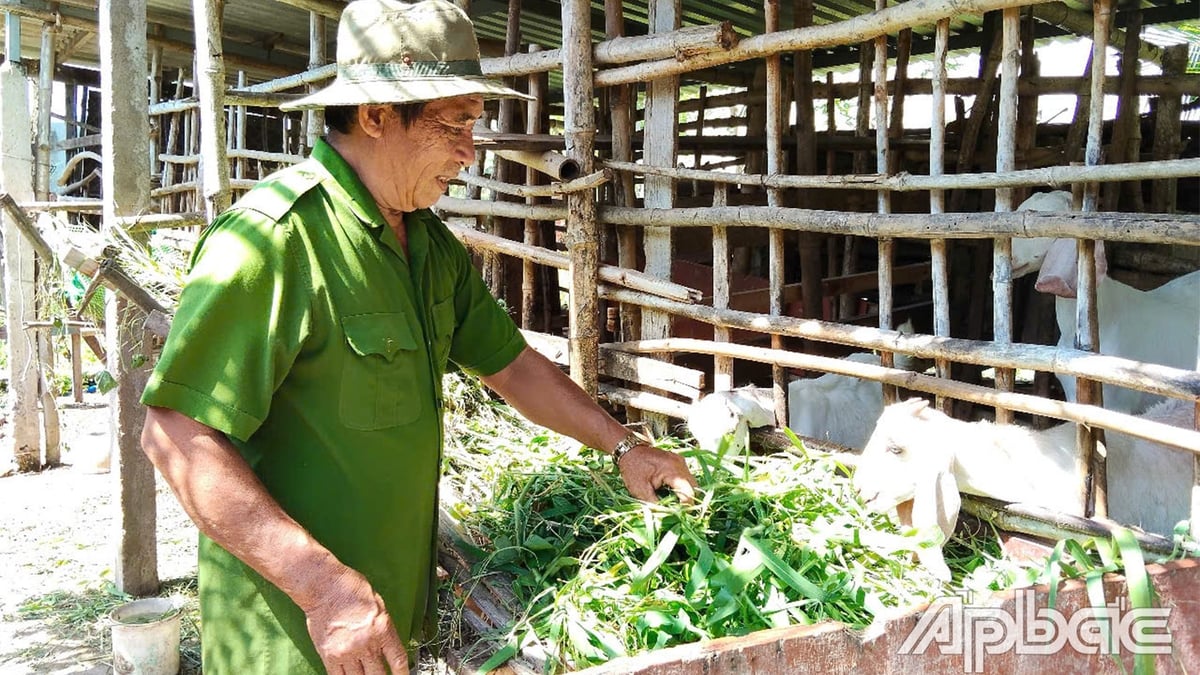















![[Photo] Signing of cooperation between ministries, branches and localities of Vietnam and Senegal](https://vphoto.vietnam.vn/thumb/1200x675/vietnam/resource/IMAGE/2025/7/24/6147c654b0ae4f2793188e982e272651)





































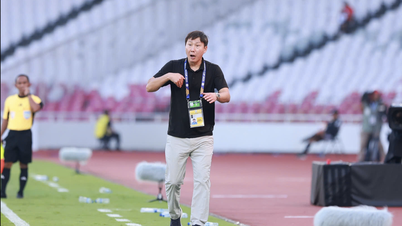










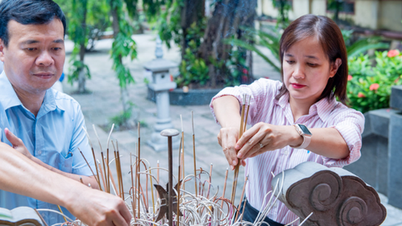
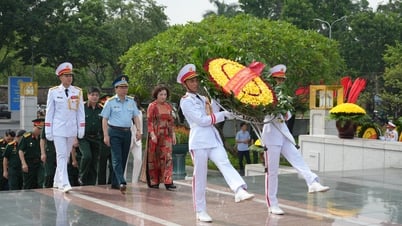
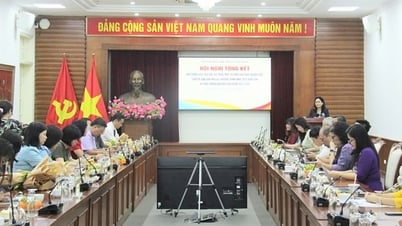

























Comment (0)